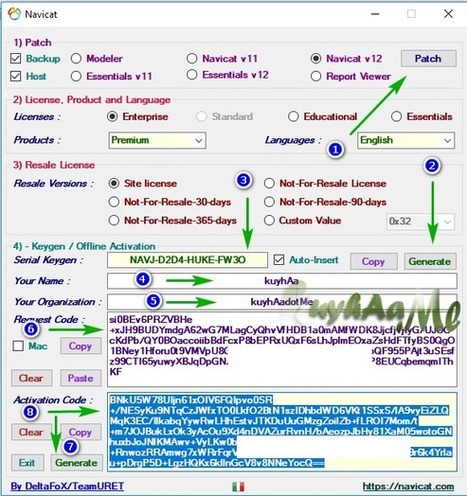고정 헤더 영역
상세 컨텐츠
본문


Introduction In this article I am providing solutions to all the questions of both objective and long answer type questions of ICSE 2012 Board's Chemistry paper for the benefit of ICSE students. Students can download ICSE Board's paper from this link of ISC in pdf format: Section-I(40 Marks) Question I (Note: If chemical elements and compounds names are there in the answer, unless or otherwise they mention to write them in symbols or formula there is no need to write them. If you like them to write in symbols or formula you must sure to write them correctly otherwise if any mistake come you loose your marks.) (a) Name the following (i) Hydrogen (ii) Nitrogen (iii) Sulphur dioxide (iv) Nitrogen dioxide (v) Hydrogen sulphide (b) State one observation for each of the following: (Note: For answering these questions regarding chemical reactions, colors of the products formed should be mentioned clearly in the answers) (i) A chalky white precipitate is formed and which doesn't dissolve in excess of ammonium hydroxide. (ii) Brown color of bromine fades away. (iii) Blue color of copper sulphate fades and reddish brown layer of copper appears. (iv) Reddish brown gas is evolved and a precipitate is formed. The precipitate is yellow in color when hot but turns white in cold condition.
(v) A rust brown precipitate is formed and is insoluble in excess ferric chloride solution. (c) Some word/words are missing in the following statements.
You are required to rewrite the statement in the correct form using the appropriate word/words: (i) Ethyl alcohol is dehydrated by concentratedsulphuric acid at a room temperature about 170 Celsius degrees. (ii) Aqua regia contains one part by volume of concentrated nitric acid and three parts by volume of concentrated hydrochloric acid.
10 Years Question Paper Icse
(iii) Magnesium nitride reacts with warm water to liberate ammonia. (iv) Cations migrate towards cathode during electrolysis. (v) Magnesium reacts with very dilute nitric acid to liberate hydrogen gas.
(Note: For these questions to write correctly, not only you have to read the chemical reactions thoroughly but you have to know in which conditions i.e. Low temperature, high temperature, specific temperature, in the presence of dilute or conc.
Acid, high or low pressure etc.




